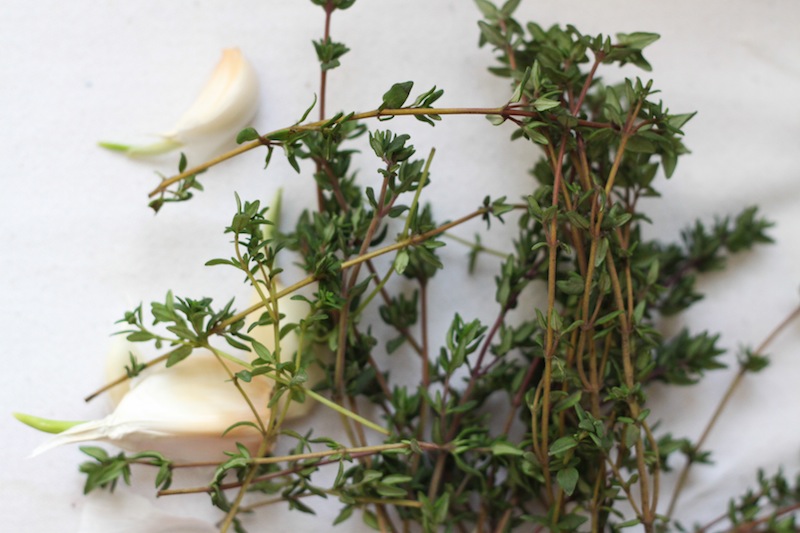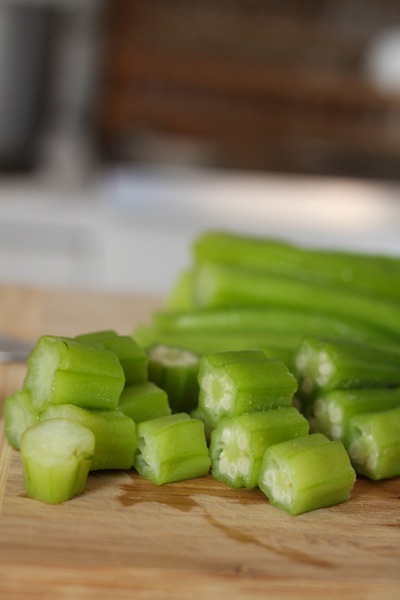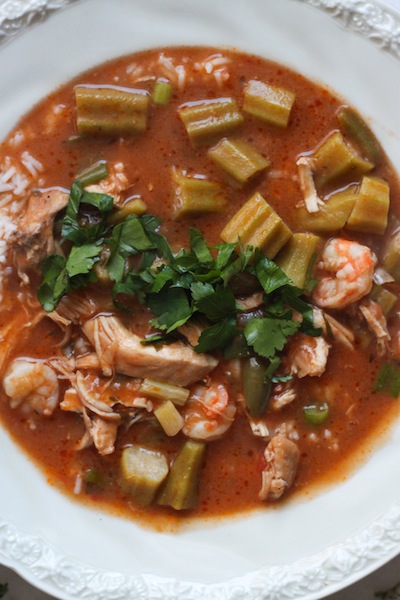
I collect words. When I find a good one, I copy it into my little black notebook, the one that also contains restaurants and bars I’d like to visit, directions, sketches, snatches of poetry hurriedly composed in a cramped hand, email addresses and phone numbers, Spanish grammar tips, post ideas, books to read, little moments I’d like not to forget. And words.
I carry them around with me all the time – since my little black book is always in my bag – and read through them on occasion, rolling my tongue around and into those verbal nooks. There’s “pullulate”: “to exist abundantly, to send forth buds, to increase rapidly, teem.” Or “sirocco”: “any hot, oppressive wind.” “Quisle”: “to betray, especially by collaborating with an enemy.” “Collop”: “a small slice of meat, a small slice of anything, a fold or roll of flesh on the body.”

Living abroad, my vocabulary shrivels. Here, English lives within the law of averages, and if I remember from long ago math lessons (one thing I definitely don’t write down in my little black book are equations), an average sucks up the best and the worst and plunks you somewhere in the middle.
There are some words left languoring that way – and good riddance to them. I think “plethora” is the worst word in the English language, like a dull goat in an academic’s gown. Goodbye “myriad” and “veritable” and “moreover.” And truthfully, I’ve found that simpler words, when fitted well together, are often better at expressing ideas than all the viperines, girns and borborygamuses combined.


That brings me to this little gem of a word: “slumgullion,” whose meanings are as myriad as what it means: “A meaty stew, a weak beverage, refuse from whale carcasses, a muddy mining deposit.” I mean, wow, what multitudes! » Continue reading this post...